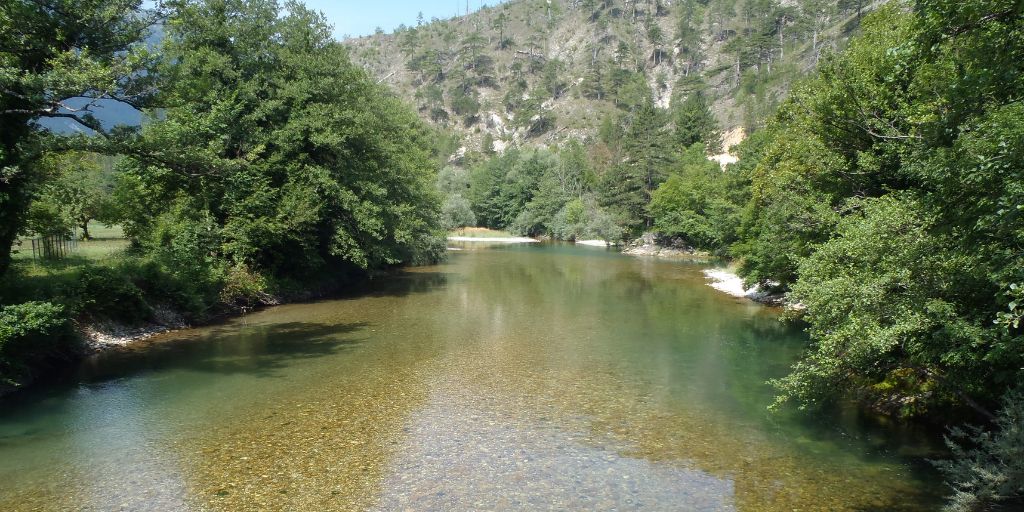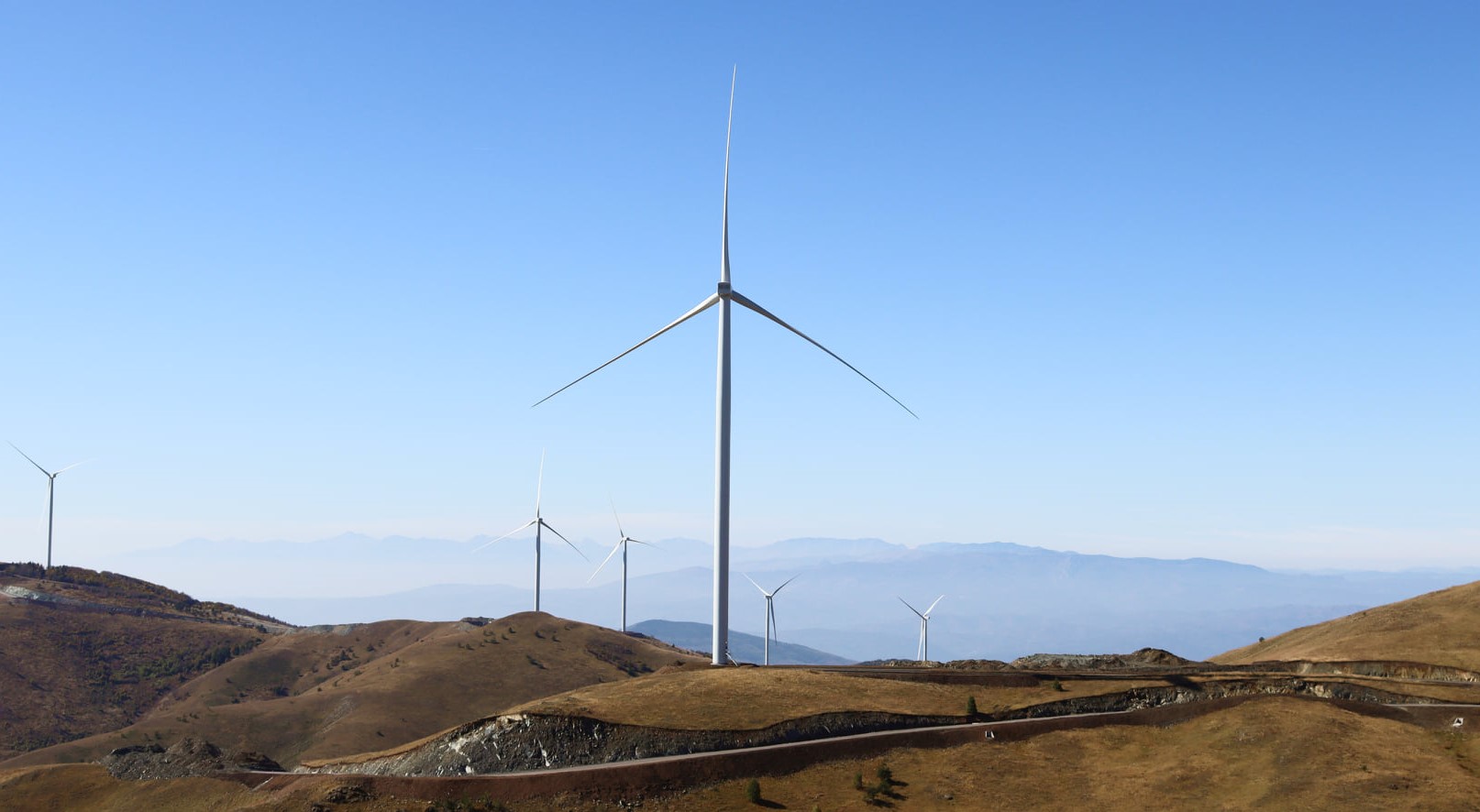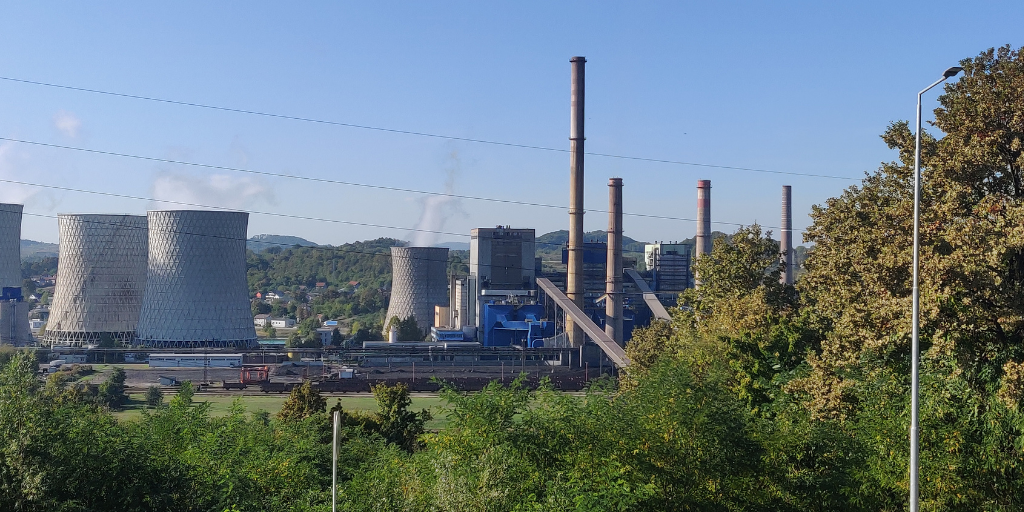
Southeast Europe Energy Policy Officer
Email: pippa.gallop AT bankwatch.orgTel.: +385 99 755 97 87
Pippa works as Bankwatch Southeast Europe energy advisor, with a specialisation in coal and hydropower in the Western Balkans. She is based in Zagreb, Croatia and speaks English, Croatian and rusty German.
More from Pippa Gallop
In an attempt to end reliance on Russian gas, the European Commission is seeking to speed up renewable energy deployment. But its proposals threaten to erode decades of hard-won EU environmental and public consultation achievements.
Kosovo’s parliament is currently scrutinizing a new law on integrated pollution prevention and control. Its aim is positive – to tighten Kosovo’s standards. But as written now, it risks doing the opposite.
In 2020, Montenegro received widespread praise for being the first Western Balkan country to introduce carbon pricing. Less than a year later, however, the scheme’s shortcomings were exposed. What can other Western Balkan countries learn from this experience?
Yesterday the Federation of Bosnia and Herzegovina’s Parliament voted to extend the lifetime of the antiquated Tuzla 4 and Kakanj 5 coal units, in clear breach of the Energy Community Treaty. The move condemns the public to yet more lethal air pollution.
Under the European Commission’s October 2020 Economic and Investment Plan for the Western Balkans, the Instrument for Pre-Accession (IPA) is set to provide grants worth EUR 9 billion, with up to EUR 20 billion more in investments leveraged through the Western Balkans Guarantee Facility. Western Balkan governments have proposed projects for financing in ten Flagship areas for investment. The list of these proposed projects contains many which appear reasonable and much-needed, but many others are not in line with EU policy and/or legislation and must not be funded with EU money. This briefing provides an overview of selected projects that have been nominated by governments but which are not in line with EU policy and/or legislation.




